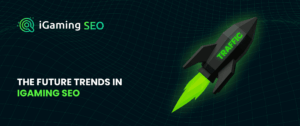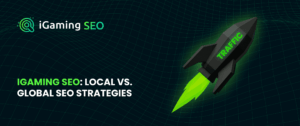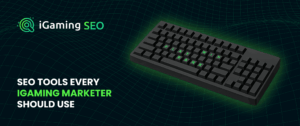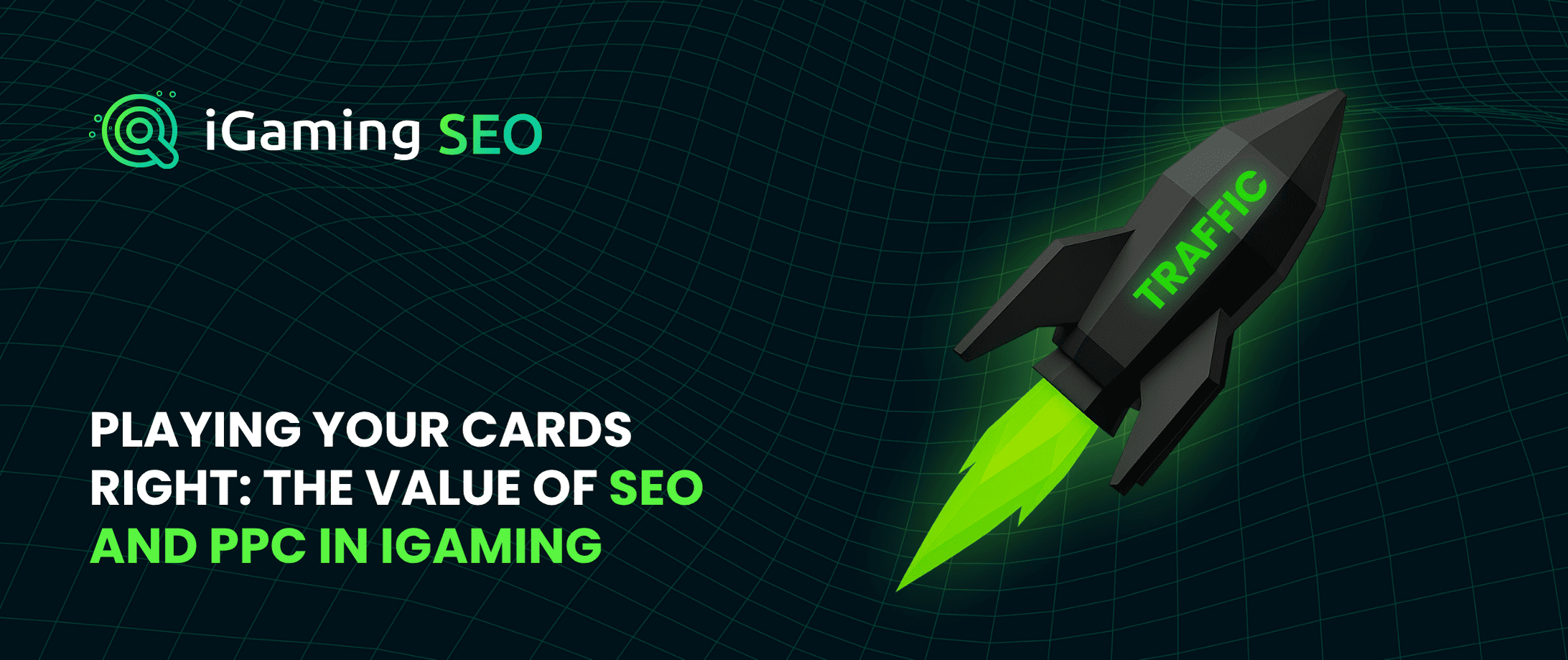
In the rapidly evolving digital marketing landscape, Search Engine Optimization (SEO) and Pay-Per-Click (PPC) advertising stand as the twin pillars of any successful online strategy. SEO focuses on improving a website’s organic search engine rankings through optimized content, site architecture, and a network of inbound links, while PPC refers to the paid advertisements that appear on search engine results pages and other digital platforms. Each approach offers unique benefits and caters to distinct marketing objectives.
In the iGaming sector, a multi-billion dollar industry that encompasses online casinos, sports betting, poker, and other wagering activities, SEO and PPC take on heightened significance. As operators grapple with a highly competitive market, strict regulations, and varying user behavior, effective SEO and PPC strategies can make the difference between attracting high-value players or being lost in the digital noise.
Understanding SEO in iGaming
iGaming SEO involves tailoring a website and its content to attract organic traffic from people interested in online gambling activities. The end goal is to achieve higher search engine rankings for keywords that potential players are likely to use when seeking out iGaming SEO services. This extends beyond the use of keywords and meta tags to include factors such as site speed, mobile compatibility, user experience, and content quality.
There are numerous benefits to a well-executed iGaming SEO strategy. Firstly, it can lead to increased visibility on search engines, driving a steady flow of free, organic traffic to the site. Over time, this can result in improved player acquisition and retention rates. Moreover, a strong SEO strategy helps build the operator’s brand authority and credibility, crucial factors in the trust-based iGaming industry.
However, iGaming SEO is not without its challenges. The high competition for popular keywords, changing search engine algorithms, and stringent regulatory requirements necessitate continuous monitoring and optimization efforts.
Despite these challenges, many iGaming operators have leveraged SEO to achieve notable success. For instance, Casino Operator X capitalized on a localized SEO strategy to target emerging iGaming markets. By tailoring its content to local languages and culturally-specific search terms, the operator was able to significantly increase its organic traffic, player registrations, and ultimately, its bottom line.
Stay tuned as we dive deeper into the world of iGaming PPC in the next section, and compare the two to help you make an informed decision for your iGaming business.
Understanding PPC in iGaming
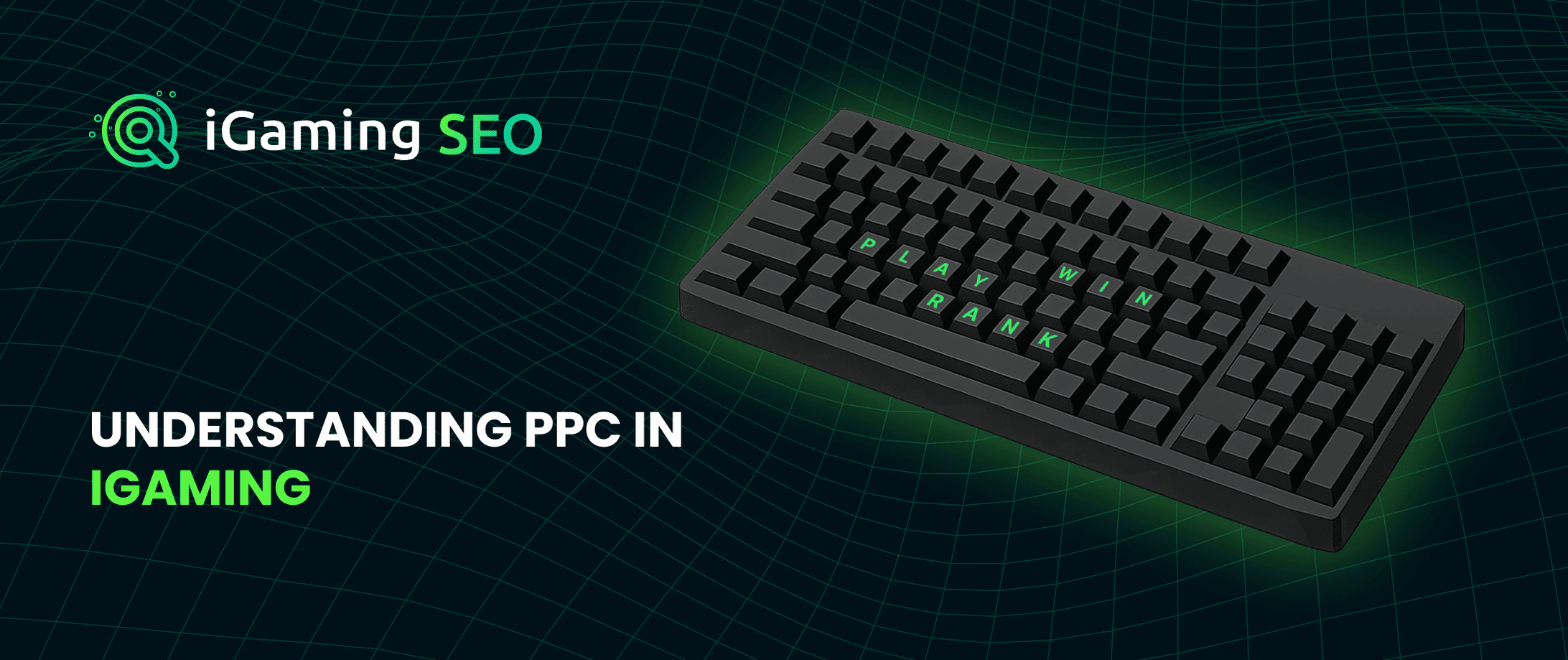
iGaming PPC involves running paid advertisements that specifically target potential online gamblers. These ads are typically displayed prominently on search engine results pages and other online platforms, making them an effective tool for attracting immediate attention and driving traffic to your iGaming website. The advertiser pays a fee each time a user clicks on the ad, hence the term Pay-Per-Click.
PPC offers numerous benefits for iGaming operators. First, it provides immediate visibility on search engine results, making it an excellent tool for new iGaming sites or for promoting specific events, such as a new game launch or a special bonus offer. PPC also offers the advantage of targeting flexibility. Operators can use demographics, location, and user behavior to tailor their ads to specific audience segments.
However, PPC also presents its own challenges in the iGaming industry. Competition for keywords can drive up costs, and setting up effective PPC campaigns requires a good understanding of the ad platform and its features. Furthermore, ad platforms have their own policies and restrictions regarding iGaming content, which operators must navigate to avoid account suspensions.
Despite these hurdles, numerous iGaming operators have achieved significant success with PPC. For instance, Sports Betting Company Y used a strategic PPC campaign to target major sporting events. By creating compelling ad copy and bidding aggressively on relevant keywords, they achieved a high click-through rate and drove substantial traffic to their platform during these high-demand periods.
Comparing SEO and PPC in iGaming
When comparing SEO and PPC, both strategies have their merits and are not mutually exclusive. SEO is often seen as a long-term strategy. It takes time to build up organic rankings, but the results are sustainable and cost-effective over the long haul. PPC, on the other hand, provides immediate results and can be quickly scaled or adjusted to respond to market trends, but it requires ongoing investment.
In terms of cost, PPC demands a higher initial outlay, while SEO requires a significant time investment. However, in the long run, a well-optimized site can yield considerable organic traffic at a fraction of the cost per click of a PPC campaign.
In terms of results, PPC can provide a quick boost of traffic, while SEO grows traffic steadily over time. As for flexibility, PPC has the upper hand. Ads can be tweaked and campaigns can be adjusted at any time, while SEO involves changes to the website and content strategy, which often take time to implement and show results.
Depending on your iGaming business goals, market position, and resources, you may benefit more from one approach over the other or a combination of both. If immediate visibility and traffic are what you need, then PPC is your go-to option. If you’re aiming for sustained growth and long-term visibility, then SEO should be your focus. Most successful iGaming operators find that a blend of SEO and PPC strategies works best, giving them both short-term results and long-term stability.

How to Choose Between SEO and PPC for Your iGaming Business
Making the right choice between SEO and PPC isn’t always easy, but here are some guiding principles to help you make an informed decision.
Firstly, assess your business goals and timeframe. If you’re looking for immediate traffic and quick wins, PPC might be a more suitable option. Conversely, if you’re in it for the long haul and are prepared to invest time into a sustainable growth strategy, SEO could be the better choice.
Secondly, consider your budget. If you have the funds for a PPC campaign and need to get in front of potential players quickly, this could be a viable route. However, if your marketing budget is limited, investing time and effort into SEO and organic growth may provide a better return on investment over time.
Lastly, think about your competition. If the iGaming market you’re targeting is highly competitive with well-established brands dominating the search results, breaking through with SEO might be challenging, and PPC could provide a quicker route to visibility.
These considerations will help guide your decision, but remember that SEO and PPC are not mutually exclusive – they often work best when they complement each other.
Both SEO and PPC offer unique benefits for iGaming businesses. SEO is a marathon, building sustainable organic growth over time, while PPC is more of a sprint, providing immediate visibility and quick wins. Your choice between the two will depend on your specific objectives, budget, and competitive landscape.
The key takeaway is that there’s no one-size-fits-all answer. The best strategy for your iGaming business might involve focusing on SEO, PPC, or a balanced combination of both. The right mix will depend on your unique business goals and market situation.
Navigating the world of iGaming SEO and PPC can be complex, but you don’t have to do it alone. Our team of iGaming SEO experts is here to help guide your strategy and ensure your iGaming business ranks for the right terms and reaches the right audience.
Whether you’re looking to delve into SEO, launch a PPC campaign, or balance both, we’re ready to support your journey. Contact us today to discuss how we can turbocharge your iGaming digital marketing strategy.

